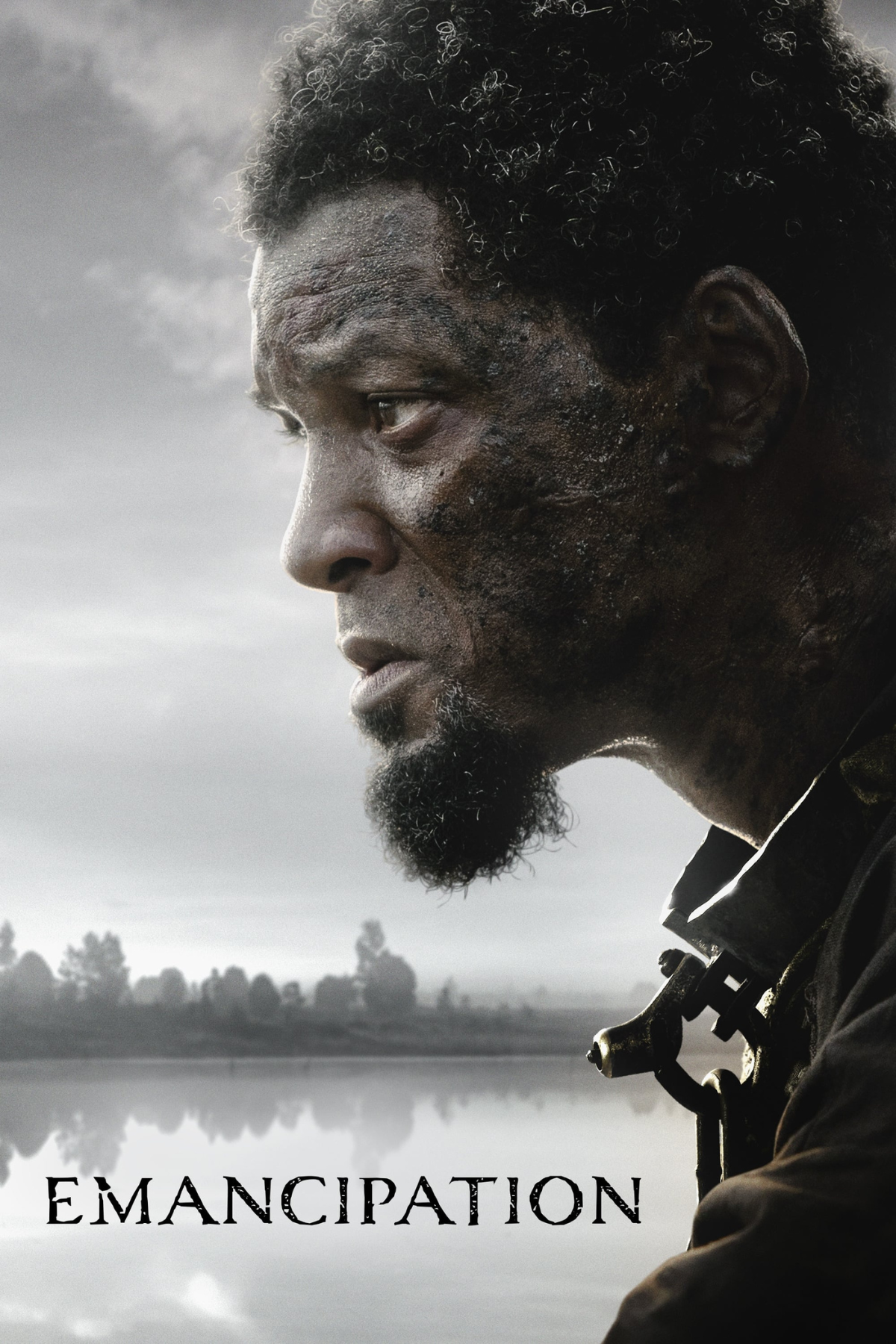Review: There are some redeeming qualities in Emancipation. Will Smith is the film’s biggest shining spot with his effortless transition into the film’s lead. There is also a level of craft that shows Antoine Fuqua’s seasoned approach to filmmaking, but at times it’s distracting from a script that doesn’t have enough teeth to make any profound statements.

Few release strategies have been stranger in 2022 than Apple TV+’s handling of Antoine Fuqua’s slavery drama Emancipation. Deep into the awards season stretch of releases, the film looks and acts like Oscar bait from the opening minutes, but little outside of its own pastiche and dreams suggests it will gain any steam when voting ramps up in the new year. It’s precise in the handling of material simultaneously both sensitive and ripe for the big screen, but it’s all overshadowed by one, Will Smith-shaped silhouette.
And as you can imagine, Will Smith has dominated every internet discussion surrounding the Oscar chances of Emancipation in a variety of categories. Not every film has to be awards or bust, but for a film like Emancipation that checks every box for Oscar wannabe dramas, there is little runway when the leading man and campaign spearheading Will Smith is banned from the award show for the next decade. The material beyond Smith has to do so much to carve its own path beyond the obvious talking points post-“The Slap.”
In some moments, Emancipation achieves that. Its harrowing and appropriately grim telling of a black man escaping slavery and surviving a ten day trek through the swamplands of Louisiana is about as difficult to watch as its synopsis sounds. Will Smith, for all the coverage he will get outside of the performance he actually gives in the film, deserves recognition for his transformation into main character Peter (based on the real-life images of an escaped African American Gordon, whose “scourged back” photo circulated among the Union during the American Civil War). His portrayal is deeply affecting and gut-wrenching; one that manages to hold the film together despite some flaws around the edges.
Because the rest of Fuqua’s Emancipation is so obsessed with being technically sound. Many of the emotional beats and disturbing images are wrung out by an unsaturated color palette that doesn’t offer much beyond trying to look “artsy” for the sake of it. It’s stuck in the land of historical dramas that are precise in their accurate telling of events passed but try to stylize beyond the point of conjuring up any actual stakes or memorable sequences. I often thought of Wes Anderson during my viewing of Emancipation – not because it looks anything like the pastiche Anderson puts on screen (because it certainly does not), but because this is the overbearing, one-note approach that Anderson gets criticized for with every outing.
More History Movies Reviewed by Cinephile Corner
And if I had to use one adjective to describe Emancipation, it would be that it is one-note. For a film barreling past two hours, it doesn’t serve much that is new past the first 30 minutes. The proclamations that “slavery was an atrocity” aren’t enough to justify a runtime of this length, and again, there isn’t enough steam to warrant much discussion later in the awards season campaign. If it were to have the critical backing, Emancipation would be the sort of film that doesn’t stand up much to months of debate after serving it with the initial technical praise it deserves – not unlike the choices of years past like Belfast, Three Billboards Outside Ebbing, Missouri, and 1917.
Thematically, there just isn’t enough to chew on in Emancipation. It’s not quite the crowd pleasing effort that its historical drama contemporaries are (The Woman King and The Northman are simply better at many of the elements Emancipation relies on), and the emphasis is on Will Smith to shine at every moment possible to draw in viewers. Ben Foster plays the titular slave-owning confederate, and he’s successful in his part, but he doesn’t have the gravitas to take over the film.
There are some redeeming qualities in Emancipation. Will Smith is the film’s biggest shining spot with his effortless transition into the film’s lead. There is also a level of craft that shows Antoine Fuqua’s seasoned approach to filmmaking, but at times it’s distracting from a script that doesn’t have enough teeth to make any profound statements. It’s a perfectly respectable historical drama, but it isn’t one that reinvents what these films can be or should be.
Watch Emancipation (2022) on Apple TV+
Emancipation Movie Cast and Credits

Cast
Will Smith as Peter
Ben Foster as Jim Fassel
Crew
Director: Antoine Fuqua
Writer: Bill Collage
Cinematography: Robert Richardson
Editor: Conrad Buff IV
Composer: Marcelo Zarvos
Reviews for Movies like Emancipation (2022)
- Immaculate Review: Sydney Sweeney Stars in a Freaky Nun Horror Movie
- Drive-Away Dolls Review: Ethan Coen Solo Movie Is in on the Joke
- Argylle Review: Matthew Vaugh Directs a Dreadful Action Movie for Apple TV+
- Civil War Review: New Alex Garland Movie is Light on its Details and Vague in its Motives


